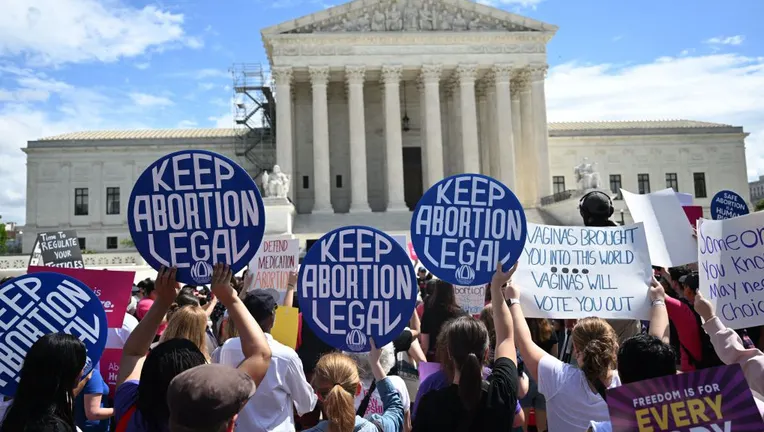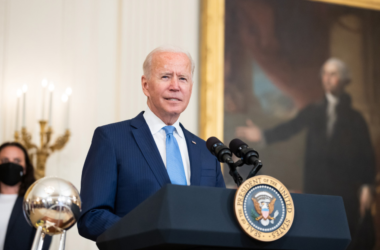A law banning most abortions after six weeks of pregnancy has come into effect in Iowa, making it one of the strictest abortion laws in the United States. This legislation restricts abortion once early cardiac activity is detected in a fetus or embryo, typically around six weeks. Exceptions are allowed in cases of rape, incest, fetal abnormalities, and when the mother’s life is in danger.
Initially blocked after its passage last year, the ban was upheld by Iowa’s highest court last month. This move aligns Iowa with other Midwestern states such as Missouri and South Dakota, which have enacted similar restrictions following the overturning of Roe v. Wade.
Previously, Iowa permitted abortions up to the 20th week of pregnancy. However, with the new law, many residents may seek abortion services in neighboring states like Illinois and Minnesota, which have maintained or expanded access to abortion since the Supreme Court’s decision in 2022.
The Iowa Supreme Court’s 4-3 decision to uphold the ban came after a lower court had temporarily blocked it, arguing it violated Iowans’ constitutional rights. Governor Kim Reynolds, who signed the bill into law, praised the court’s decision as a “victory for life,” stating that protecting unborn lives is a sacred cause.
Despite the new restrictions, polls indicate that nearly two-thirds of Iowans believe abortion should be legal in most or all cases. This issue is expected to be a significant point in the upcoming November general election, with Democrats aiming to rally voters around abortion rights.
Vice-President Kamala Harris, who is expected to be the Democratic presidential candidate, criticized the ban, referring to it as another “Trump Abortion Ban” and promising to restore reproductive rights. Former President Donald Trump, the leading Republican candidate, has taken credit for the end of Roe v. Wade, arguing that abortion should be decided by individual states.
Since the repeal of Roe, 22 states have implemented abortion restrictions, affecting more than one-third of American women, despite the unpopularity of such measures.








